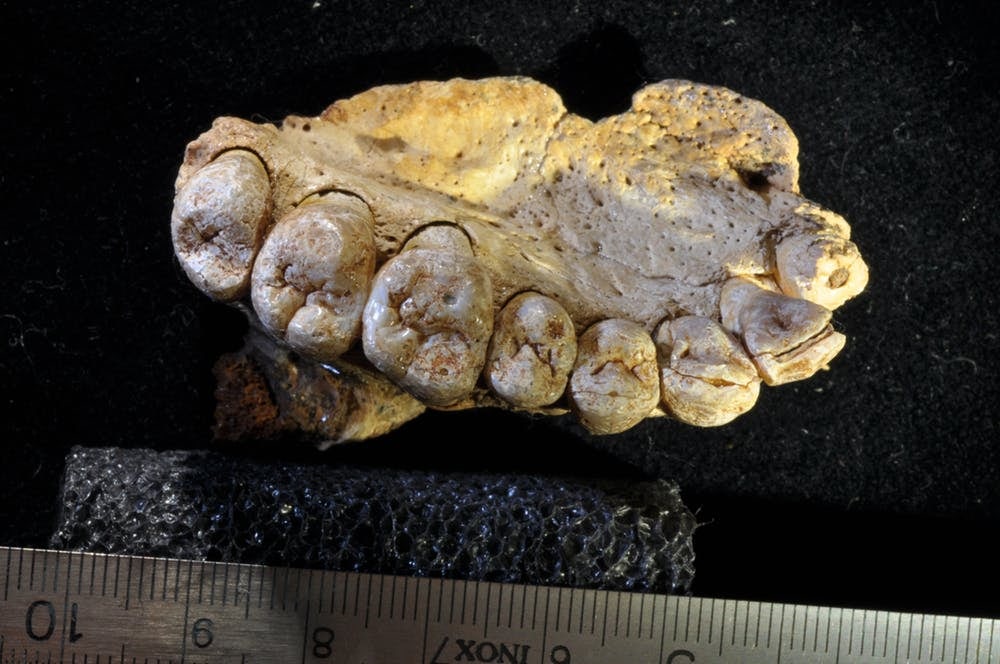
Credit: Gerhard Weber, University of Vienna.
The oldest known fossil outside Africa of our kind Homo sapiens has been excavated in a cave in northern Israel. The new fossil finding reveal that people left Africa nearly 200,000 years ago, much earlier than previously thought.
The modern man left Africa far earlier than the scientists hitherto believed. A new fossil finding in a cave called Misliya, just south of Haifa, shows that people lived outside the African continent nearly 200,000 years ago.
The fossil is a piece of an upper jaw with teeth. The upper part of the jaw was found in northern Israel and have the characteristics of modern humans.
Paleoanthropologist lead by Israel Herschkovitz at the University of Tel Aviv has analyzed the jaw with computed tomography and three-dimensional models and compared their shape, like the appearance of the teeth, with other kinds of different human species from Africa, Europe, and Asia. The team’s conclusion is that the jaw undoubtedly derives from a typical Homo sapiens.
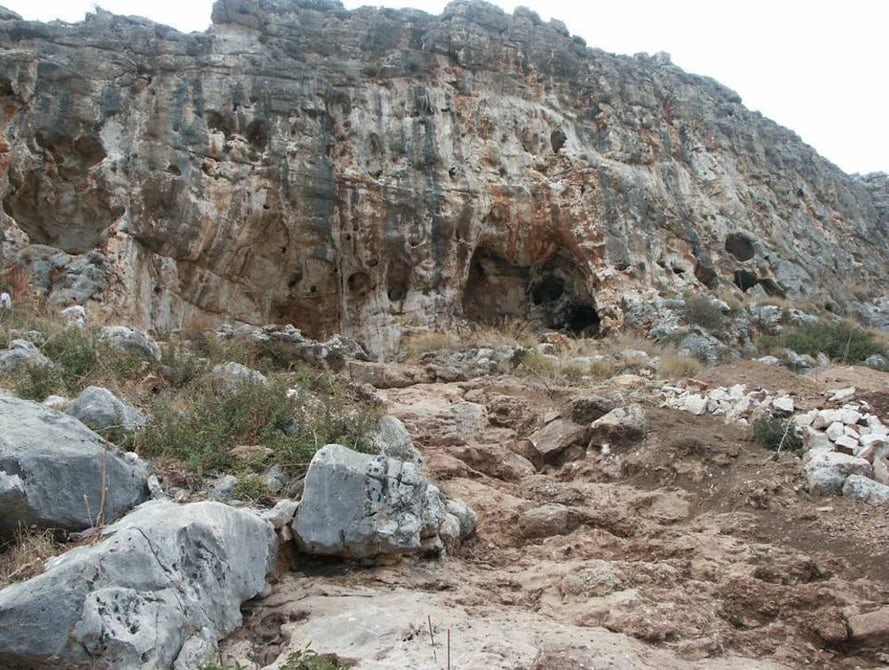
Credit: Mina Weinstein-Evron, Haifa University
Three different dating methods have now shown that the jaw is between 177,000 and 194,000 years old. It is far older than any previous Homo sapiens fossil found outside of Africa. The previous record was fossils between the age of 90,000 to 120,000 years old.
Stone tools were also found near the fossil that belonged to a special tool culture called Levallois. A name that was given by archaeologists to a distinctive type of stone knapping developed by precursors to modern humans during the Palaeolithic period. The oldest known Levallois tools have previously been found in Africa.
The tools, described as sophisticated, show that the people who lived in Israel at the present time were skilled hunters who also controlled the use of fire. The Levallois technique was more sophisticated than earlier methods of lithic reduction, involving the striking of lithic flakes from a prepared lithic core, as seen below.
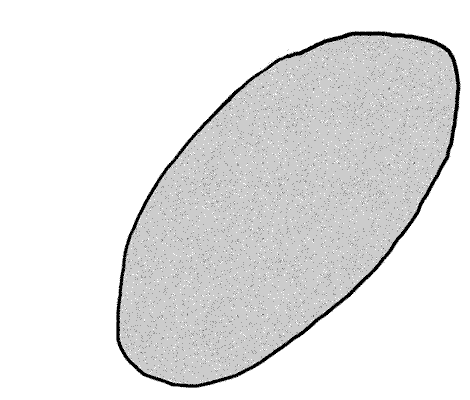
In other words, people of our own species seem to have emigrated from Africa almost 100,000 years earlier than previously thought.
“This finding — that early modern humans were present outside of Africa earlier than commonly believed — completely changes our view on modern human dispersal and the history of modern human evolution,”
– Prof. Israel Hershkovitz of the Department of Anatomy and Anthropology at Tel Aviv University’s Sackler Faculty of Medicine.
The discovery has been published in the journal Science.
Reference:
Israel Hershkovitz et al. The earliest modern humans outside Africa. Science January 25, 2018. DOI: 10.1126 / science.aap8369



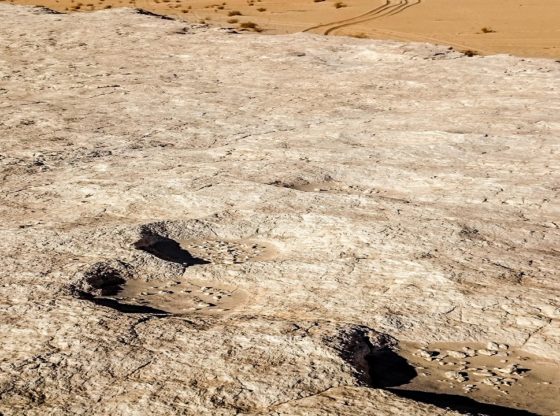
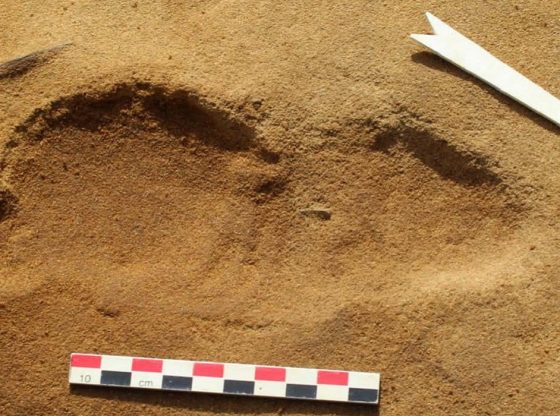

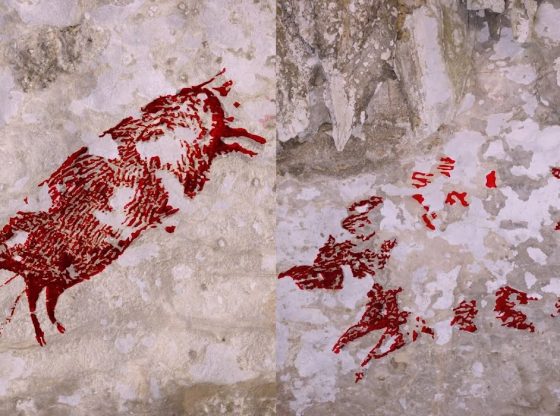

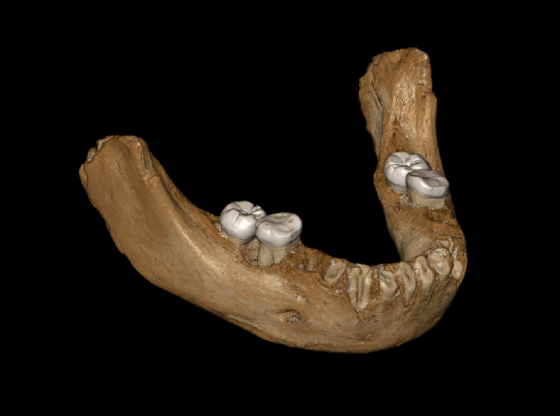


![OpenAI. (2025). ChatGPT [Large language model]. https://chatgpt.com](https://www.illustratedcuriosity.com/files/media/55136/b1b0b614-5b72-486c-901d-ff244549d67a-350x260.webp)
![OpenAI. (2025). ChatGPT [Large language model]. https://chatgpt.com](https://www.illustratedcuriosity.com/files/media/55124/79bc18fa-f616-4951-856f-cc724ad5d497-350x260.webp)
![OpenAI. (2025). ChatGPT [Large language model]. https://chatgpt.com](https://www.illustratedcuriosity.com/files/media/55099/2638a982-b4de-4913-8a1c-1479df352bf3-350x260.webp)








